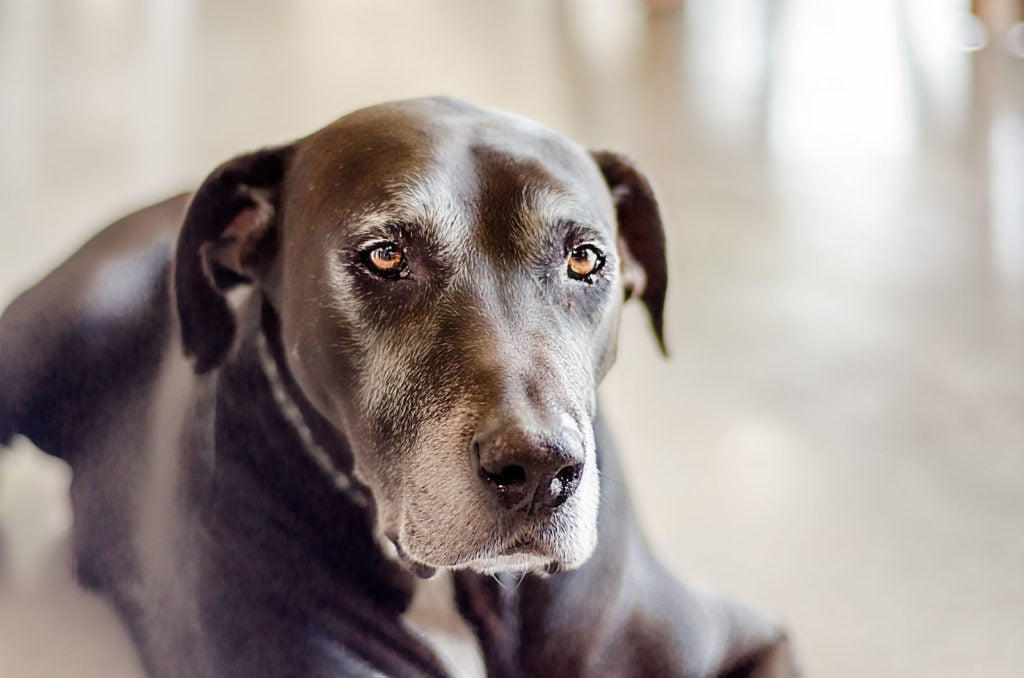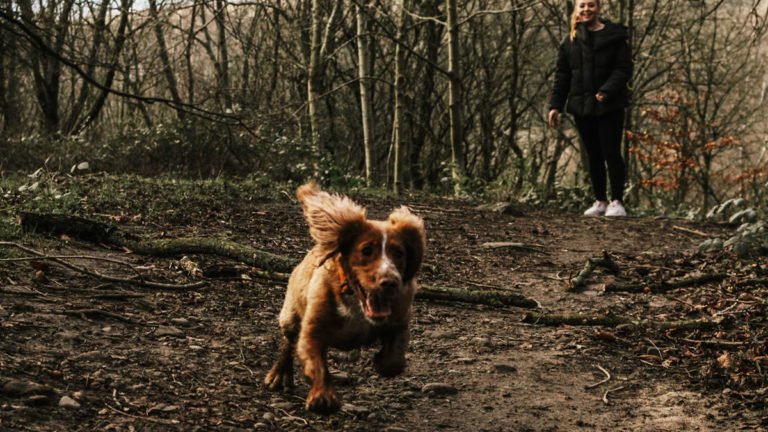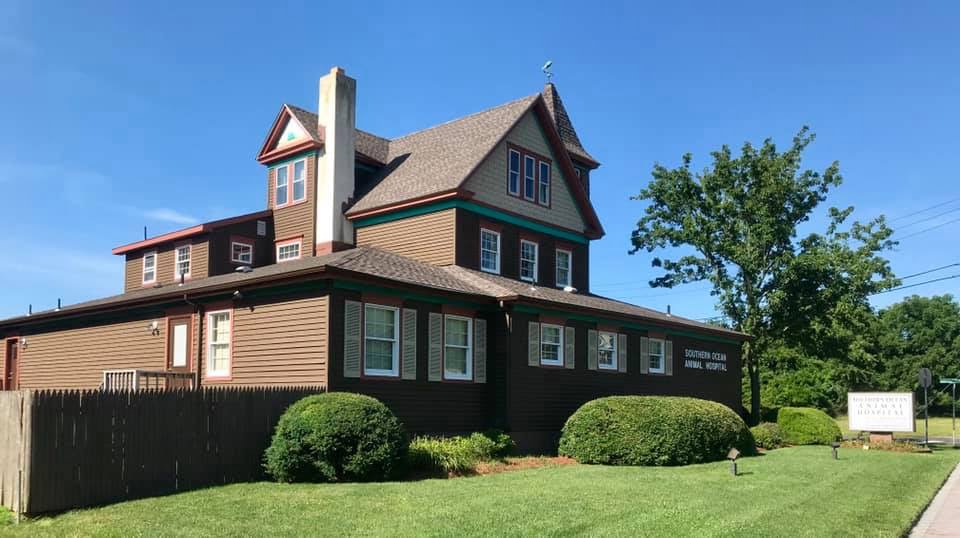
Your dog’s old age years are special years. It’s a time for more intimacy, time for sincere understanding, and a time to show your lifelong mate just how much you care about them. We find out important information about old dog health care.
We all love our dogs to live as long as we, but obviously that be just not possible. However, thanks to research in veterinary science and health care, dogs are now living longer than in the past.
In the 1990s, a dog over the age of five or six was categorized as geriatric. Now that’s all have been changed “Gradual devolvement in animal health care. Nutrition and health management have improved these traits increase as well as the past eight to 10 years.
There are obvious studies about which breed has a high life span. It’s generally accepted that the smaller the breed of dog, the longer the lifespan. Indoor dogs generally have a longer life span. Breeds that live outdoor have a genetic predisposition to disease will also affect a dog’s longevity.
General signs and symptoms of ageing in Dogs.
Like Human beings, some dogs will have life more gracefully than others. Many will remain jolly and proactive during their early aging years. While others will craving for a cushy bed and lots of lone quiet time. Some dogs may even change to prematurely grey, just like humans do. Here are some common signs that indicate your pet is nearing his senior years.
- Turning of the muzzle grey
- Coarse and Rough hair coat
- Eyes colour may change. That may turn blue opaque due to cataracts.
- Increased time of sleeping
- More inactive behavior
- Anorexia or Reduced appetite
Age-related medical illness
Aging is unpreventable, but you can delay its onset by setting good measures of senior dog care. The use of appropriate preventative measures like de‐worming and vaccination is part of a good health program for all dogs. As dogs ages, some sort of medical diseases become more
likely to occur so caringly of old dogs is all about prevention. Early detection of medical conditions can significantly improve the outcome. For this reason, regular veterinary doctors’ checks are very vital.
Some common age-related diseases in old dogs
Thyroid Disease:
Symptoms: increase in weight, poor body stamina, and exercise tolerance.
Treatment: Blood sample testing will indicate the condition. It can be treated easily by a dosage of oral thyroid supplementation.
Liver Disease
Symptoms: Diarrhea, jaundice, vomiting, weight loss, and General Body weakness.
Treatment: This disease can be of little lethal if properly managed. Mild cirrhosis and immune changes within the liver is considered to be normal. Some dietary changes may relieve from this illness.
Cancer
Symptoms: occurrence of an abnormal body Growth like a lump. Weight loss, weakness, poor appetite and diarrhea.
Treatment: Benign skin cancers (warts, moles, dermal lumps) and fat cell cancers (lipomas) are common and just an indication of getting old. Malignant or first-grade cancer treatment can involve surgery, medical, dietary, chemo, and radio‐therapeutic methods.
Arthritis
Symptoms: Pain, swelling, lameness, muscle fatigue, and unable to walk. Most commonly affects the hips, elbows, and knees.
Treatment: Degenerative joint disease (DJD) is one of the most common diseases that face old dogs. Treatment is aimed at pain relief and delaying the progression of the disease. Medical treatment of steroidal (cortisone) and non‐steroidal preparations provide pain relief and reduce inflammation. Surgery may be recommended.
Dogzheimers
While age‐related illness Alzheimer affects millions of elderly age people across the world, it’s now extensively seen in old age dogs that can suffer from a similar condition. The illness is known as canine cognitive dysfunction syndrome (CDS).
Some other General Symptoms
- Drinks and excessive urination, weight loss
- Hormone imbalance
- Heart disease, coughing, short of breath, reluctant to exercise
- Cataracts: opaque whitish appearance to the eyes
- Gum disease, bad breath, bleeding mouth, dropping food
Taking care of your senior dog
Although aging is irreparable, there are some tips that dogs owners can do to make their older dogs have happy, healthy senior years.
Diet and Nutrition:
A healthy diet is Vital for your old dog. As they age, their metabolism will generally decrease. Food for senior pets should also contain higher amounts of fiber and lower amounts of protein. It is also worth important that the Diet is of good quality – poor‐quality food will not provide the
nutritional benefit your older dog needs.
Exercise:
Exercise is important to keep your dog healthy, no matter what age he has. Your senior old companion might seem resting on his bed but he will probably live longer if he gets active. When planning exercise for your older pet, choose a comfortable walking pace and a route that is not too challenging
Dental care:
Regular dental care is important throughout a dog’s life, but it becomes important as he enters his golden years. Infected gums and plaque‐carrying teeth are not only painful for your dog, they can lead to even bigger problems. If a dog has dental problems this may lead to secondary
infections in other areas such as the kidney, liver, or heart valves.
Veterinary Care for Your Senior Dog
The owner of senior dogs should plan for a regular veterinary Doctor Examination of his pet. After nutrition and adequate exercise, this is the next most vital measure you can do for your old dog.
As discussed above Cancers, metabolic diseases like diabetes and organ dysfunction (kidney disease, liver disease) are all medical problems that can be found in older dogs. For this reason, regular veterinary health exams, including complete blood testing and urinalysis, are the most prime factors in keeping your senior pet fit.
Many veterinary doctors recommend twice a year checkups for senior dogs and depending on your dog’s age and medical conditions.
Vaccinations and deworming are part of routine veterinary examinations. For older dogs, make an appointment with your veterinary doctor to discuss this topic.




